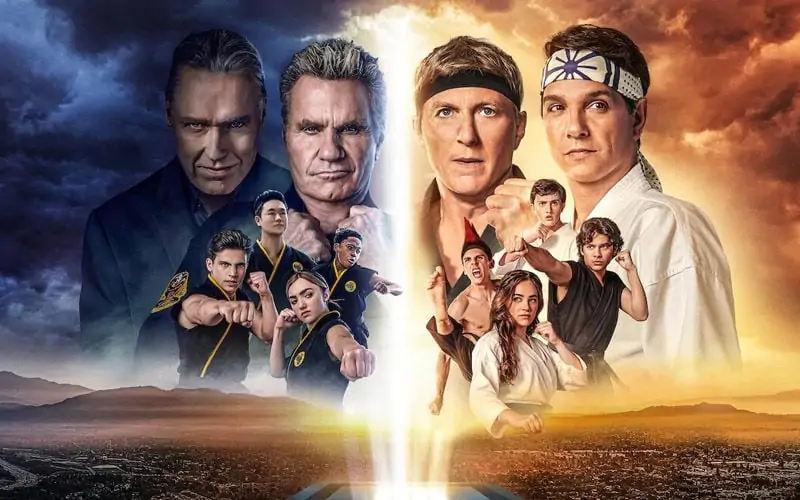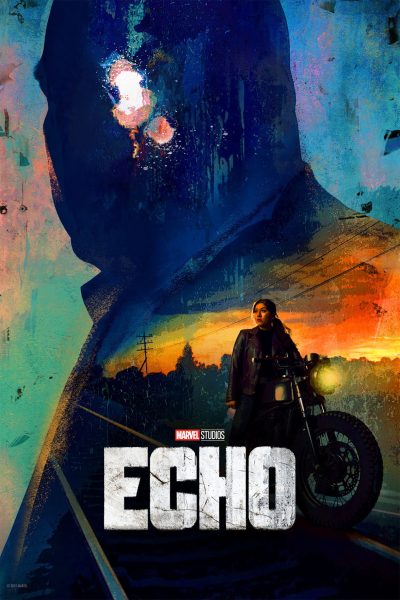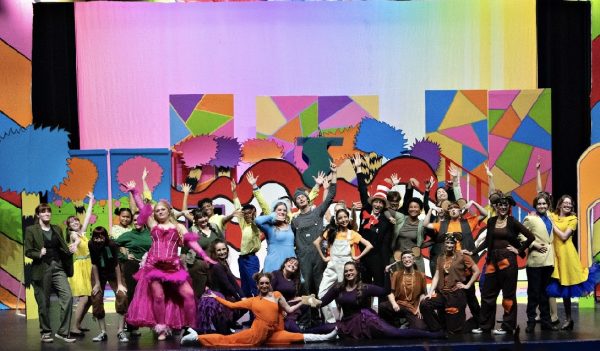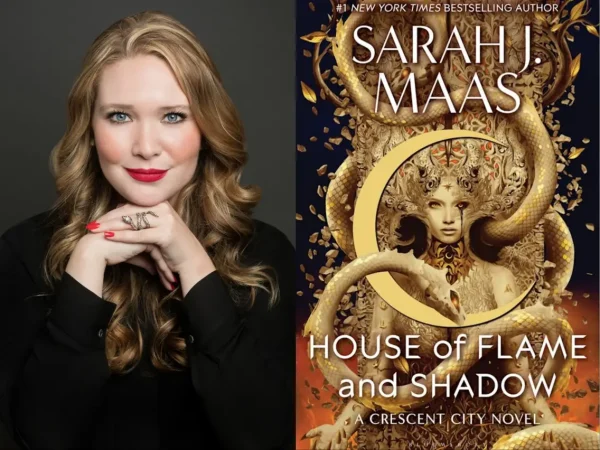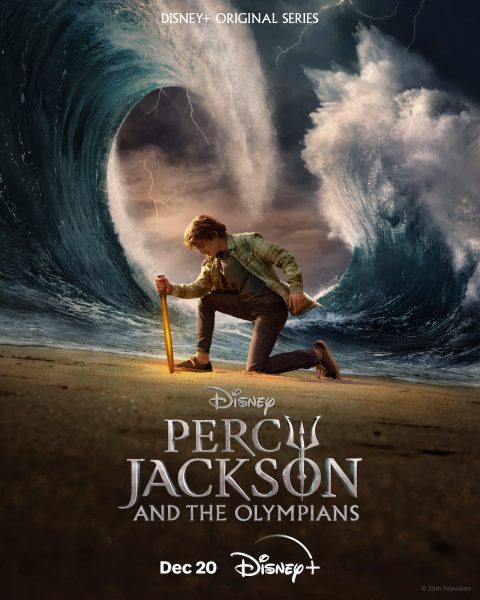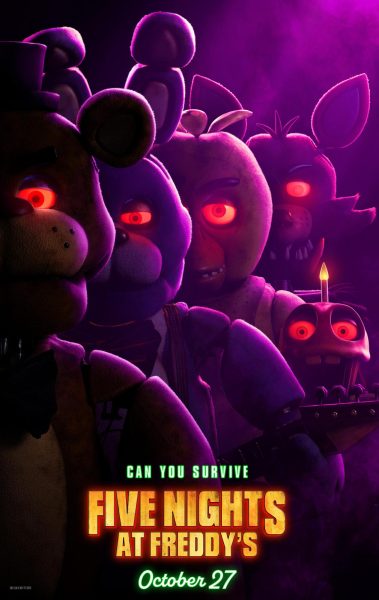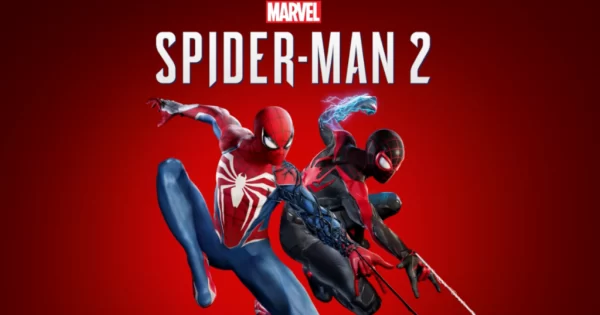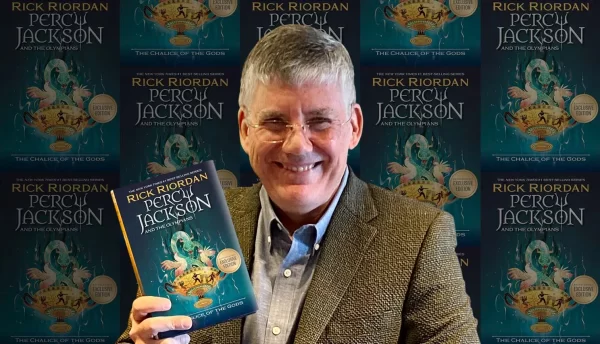Kicking in with “Cobra Kai”
November 16, 2022
For every karate fanatic, the release of a new “Cobra Kai” season is the highlight of the year. This year marks season five of the eyebrow raising, cinematic masterpiece. While this show is almost impossible to not criticize, there must be magic fairy dust sprinkled within it because fans will always come back for more.
The abrupt end of the fourth season when Miguel Diaz, played by Xolo Maridueña, decided to completely leave behind his home and loved ones in pursuit of his long-lost father, left viewers in suspense. Diaz had never met his father before due to the strict refusal of his mother, but as viewers are well aware, he does not particularly enjoy taking no for an answer.
The journey to discover the true identity of his father was made to seem like it would be a monumental turning point in Diaz’s life. However, the reality was unsatisfying and honestly just sad. They made his father seem like the most charismatic man who would make a perfect father, only to completely destroy his reputation in the course of what seemed like 10 minutes. While this plot point did make sense considering it explained why his mom was so against their relationship, the significance of his father was completely shattered.
Diaz was so focused on meeting his father throughout the show, that he so readily fled the country to go find him, only to be disappointed for a third of an episode, and then completely move on like nothing had happened. This made the whole episode regarding his father seem unnecessary and just like a sloppy attempt at shutting down any more questions the viewers had about Miguel and his father’s past.
Thankfully, this part of the show occurred at the beginning, leaving room for the even more questionable, but entertaining plot, that would later unfold. One of the most major parts being the complete takeover of the Cobra Kai dojo by Terry Silver, portrayed by Thomas Ian Griffith. Silver is one of the most intense, inhuman, and outright crazy people to have ever stepped foot onto the Cobra Kai stage. He takes Cobra Kai’s motto of “No Mercy” to such extreme lengths that viewers need to remind themselves that they are watching a show about teenagers in an after-school karate dojo.
This man is your classic pushy father in a coming of age movie about a teen sports star who feels the indescribable need to live vicariously through the poor child. The only difference: this man does not stop at torturing only a single kid. He instead decides to make every Cobra Kai member’s life a living nightmare under the illusion that he is transforming them into karate stars.
Another key issue with this season is the amount of absolutely unnecessary violence. Season five did not get the family-friendly memo, and instead decided to include some of the most brutal fight scenes witnessed throughout any part of both The Karate Kid and Cobra Kai. No show regarding teenagers and karate should include gruesome scenes where characters are near their final breaths.
The main plot of pretty much every season surrounds the same characters switching sides between the only two dojos apparently available in the whole state of California. These individuals then face the second plot point of every Cobra Kai season: an intense, life-threatening, karate tournament that creates an even bigger divide between these two conflicting dojos. While this is overdone, the show still somehow keeps viewers engaged throughout the vital training that is undergone before one of these major competitions.
On a more positive note, some key themes of this season were forgiveness and friendship. This is demonstrated through the bond formed between both Miguel Diaz and Robby Keene, played by Tanner Buchanan. These individuals had a rocky past, to say the least, but it was enjoyable to see that unlike their karate sensei, someone in this show could put the past behind them.
This theme was also demonstrated through the acceptance of Samantha LaRusso, played by Mary Mouser, and Tory Nichols, portrayed by Peyton List. While both of these friendships seemed forced when considering both the physical and mental abuse these two pairs engaged in, this aspect of the show added a deeper message. The message being that it is possible for people to change, even if they had the mentorship of a crazed sensei in their past.
Overall, this season was adequate. There were some obvious faults to almost every aspect of the show, but what else is to be expected? These shortfallings also do not take away from the fact that this piece of iconic television is still beyond entertaining to watch. There truly is nothing quite like a show about the epic highs and lows of highschool karate.



